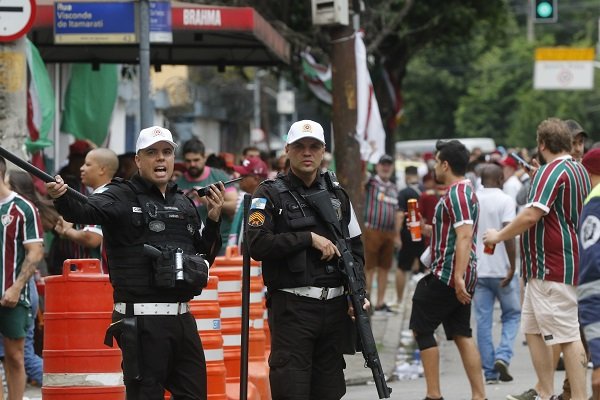The change of leadership at the Military Police Secretariat triggered a comprehensive assessment of the situation in all its units. Reports from this initiative highlight staffing shortages as the main challenge currently faced in barracks. The document estimates a deficit of more than 17,000 officers, representing approximately 30% of the recommended staff. Furthermore, only 52% of the 42,000 active PMs are involved in overt policing. The analysis also highlights financial problems that could affect the acquisition of inputs and the implementation of projects in the last months of the year.
This Content Is Only For Subscribers
To unlock this content, subscribe to INTERLIRA Reports.
Budget Problems
The forecast of a deficit of R$8.5 billion in public accounts led the Rio government to contingency part of the Military Police budget. R$2.4 billion of the R$9 billion in resources planned for the corporation this year were blocked. If the amount remains retained, technicians calculate that there will be no funds to pay salaries for the last quarter. Furthermore, there is a forecast of a 77% drop in investments over two years.
A deficit of 17,000 Police Officers
Within the payroll, the PM pays R$28 million monthly for the Additional Service Regime (RAS), known as the agents’ “official side job”. This funding is considered essential to cover gaps in policing schedules, given the current lack of 17,000 police officers, with only half of the 43 thousand soldiers working on the corporation’s main activities.
Impact on the Purchase of Fuel and Food
Another group of Military Police fixed expenses that will be impacted by the cuts determined by the government are ongoing service contracts. This includes purchasing fuel, maintaining vehicles, life insurance for police officers, and feeding the corporation’s dogs and horses. According to the financial report, the PM estimates spending R$318 million in 2024 on these contracts, but only R$213 million was made available by the government.
Discontinued Projects
Projects considered successful by the Military Police are also at risk of being discontinued. Among them are the 190RJ, “Rede Escola” and “Rede Mulher” apps, which facilitate the activation of vehicles in the event of an emergency.
Buying Cameras
Another warning made by technicians is about the hiring of cameras on vehicles, announced this year by the state government. To honor the contract this year, R$ 16 million is needed, but 30% of the resources still need to be released.
Analysis:
The recent change of command at the Military Police Secretariat of Rio de Janeiro triggered an assessment of the situation in the corporation’s units. The shortage of personnel emerges as the main obstacle faced by the Rio Military Police. This lack of personnel not only compromises the PM’s response capacity in emergencies but also overloads those on duty, compromising their effectiveness and personal safety.
The numbers show that the Rio police are completely dysfunctional, experiencing a management blackout. The staff deficit could be minimized, according to experts, within the corporation itself, by recalling the 2,675 police officers seconded to other bodies — a number that has increased by 80% in five years and is the highest in the country, according to the Brazilian Forum on Public Security (FBSP).




